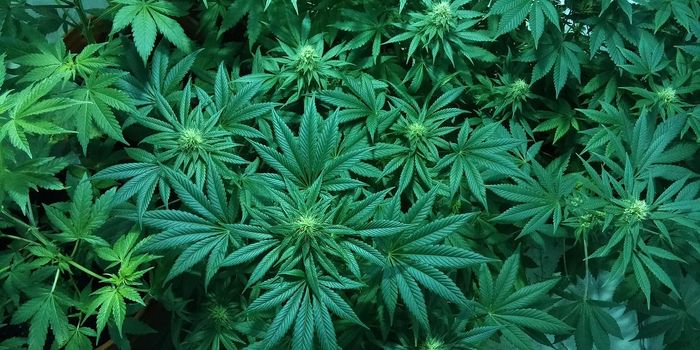Cannabidiol Transdermal Patch Successfully Prevented Drug Use Relapse in Animal Study
A group of researchers in the United States recently published their animal investigation in the journal Neuropsychopharmacology. Their research focused on the creation and use of cannabidiol (CBD) in the prevention of relapse back to drug use.
CBD is being more closely looked at in recent years as a means for treating drug and/or alcohol addiction. The symptoms that lead to relapse tend to include behaviors that CBD has been known to mitigate in other conditions including anxiety, depression, compulsivity, and neurological mechanisms that lead to drug seeking. Additionally, research has shown the neuroprotective benefits of cannabinoids, specifically CBD; theoretically, these benefits positively affect neurodegenerative changes that are usually present in the brain of a drug or alcohol addicted individual. The authors predicted, “…CBD [would have] therapeutic potential relevant for multiple conditions that underlie relapse risk, including craving induced by drug-related environmental contexts, susceptibility to stress, heightened anxiety and, possible, impaired impulse control.”
The authors administered CBD via a transdermal patch which produced stable and consistent plasma CBD levels in the rats used. The rats were alcohol or cocaine dependent.
The findings were surprising and promising for future research. They found that CBD diminished drug seeking behaviors with effects that lasted as late as 5 months after treatment was discontinued. The mechanism for this lasting effect has not been elucidated as of the publication of this article. CBD was also found to decrease anxiety and stress in the rats. Lastly, the researchers found that this CBD treatment did not cause tranquillizing effects, nor did it negatively affect motivation for rewards.
While it is well known that animal study results do not necessarily easily translate to human effects, the results inform our body of knowledge surrounding medical marijuana; it substantiates the theories that cannabinoids beyond the psychotropic delta-9-tetrahydrocannabinol (THC), the non-addictive and non-psychoactive compounds rather, could be incredibly effective therapeutically in multiple contexts.
Sources: Neuropsychopharmacology









